One of the most common vein diseases is called Chronic Venous Disease (CVD). Despite many studies, some aspects have still not been fully explained, and unfortunately, the knowledge of CVD disease is full of unreal information. Reasons as delaying treatment, unproven methods or incorrect recommendations are sadly leading to serious complications. With careful treatment however, you can reduce the risk of painful side effects.
Myth 1: Varicose veins are treated with drugs
Contrary to the popular belief, the so-called “drugs for Varicose veins” are most often normal dietary supplements, and can only be of secondary importance in the treatment of chronic venous insufficiency. They are not replacing basic methods of treatment such as surgical treatment or compression therapy. Such drugs are not the cause of disappearance of varicose veins nor the vascular spider veins. They will only expose the patient to unnecessary costs without reducing the risk of venous insufficiency complications.
Myth 2: Avoid any physical activity
It is proven that one couldn’t be more mistaken. It is the total opposite. Our calf-muscles work like a pump. When the muscles contract, they squeeze the deep veins in the legs together and transport the blood further, which stops the blood pooling in the legs so our legs and feet do not swell. The risk of developing thrombosis is then also being reduced. Therefore, activies such as hiking, climbing stairs or cycling keep the muscle pump fit and ensure good circulation to the legs.
Myth 3: Venous ulcers should be cured before any surgical treatment for varicose veins
This is a frequently repeated myth. Venous ulcers are chronic, non-healing wounds caused by advanced venous insufficiency accompanied by swelling of the subcutaneous tissue and recurrent inflammation. The basic condition for the wound to heal is the elimination of both the swelling and inflammation. The so-called ”conservative” treatment is usually difficult and expensive – it requires wearing of compression bandages or stockings for many months, which is a long time of distress for many patients. Current methods of closing inefficient veins, such as laser ablation (EVLT) or sclerotherapy, can be carried out even despite an open wound. Thanks to the combination of both treatment method and the appropriate dressing method, it is possible to significantly reduce pain and reduce the healing time to only several weeks instead of months.
Myth 4: Varicose veins should not be treated in summer
Summer months are a period of increased risk of complications of varicose vein disease. This is due to several factors. First of all, high temperature causes the expansion of superficial veins, which in turn leads to increasing of blood stasis in varicose veins. Secondly, the heat is no good for wearing tight compression stockings which most often makes the patients to give up. This can lead to inflammation of the subcutaneous tissue, venous ulceration or even thrombosis. Considering modern varicose veins treatment methods that are minimally invasive, it is often safer to undergo a surgery during summertime not exposing oneself to any complications that might instead ruin the vacation for the whole family. More in the article: Summer – the time to treat varicose veins
Myth 5: It is forbidden to travel by plane after a varicose vein surgery
There are no contraindications for traveling by plane even the second day after varicose vein surgery, provided it was performed using one of the minimally invasive methods. The patient after such a procedure is most often safely protected by compression products and anticoagulants, which is why travelling by plane itself does not increase the risk of complications after the treatment. This way, it is possible for people from abroad to consider coming to us for a treatment.
Author: VenoMedica
All rights reserved.










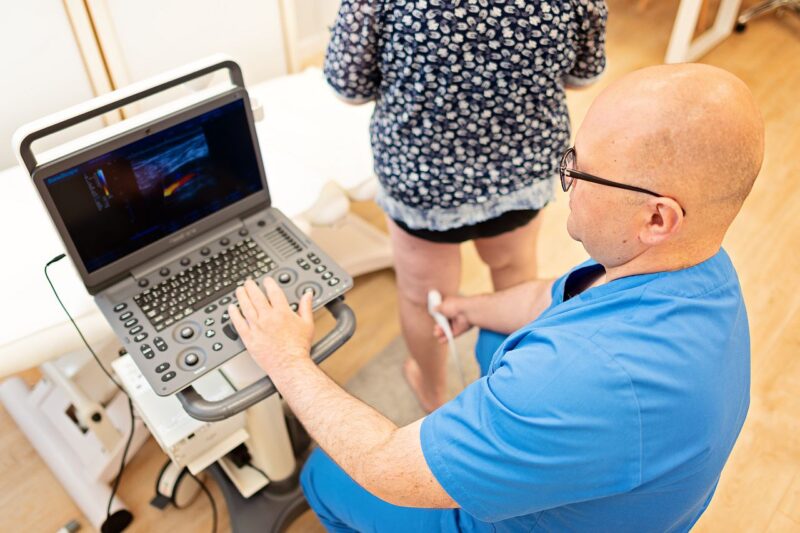

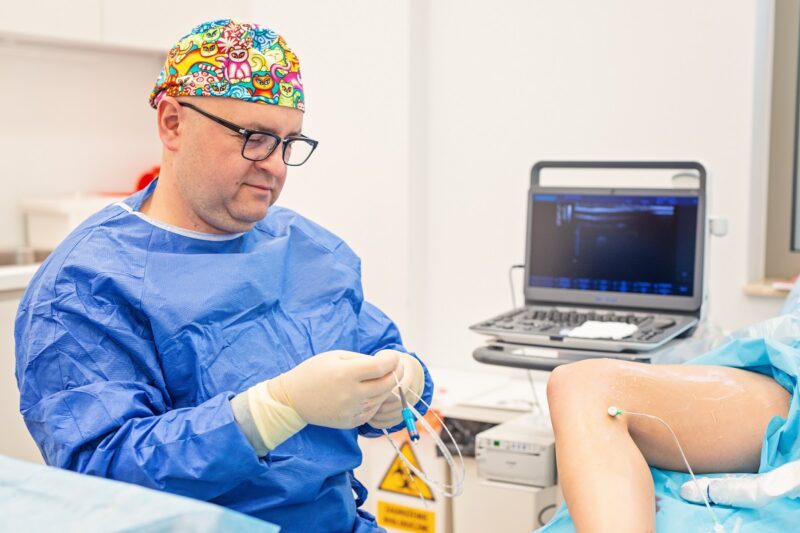
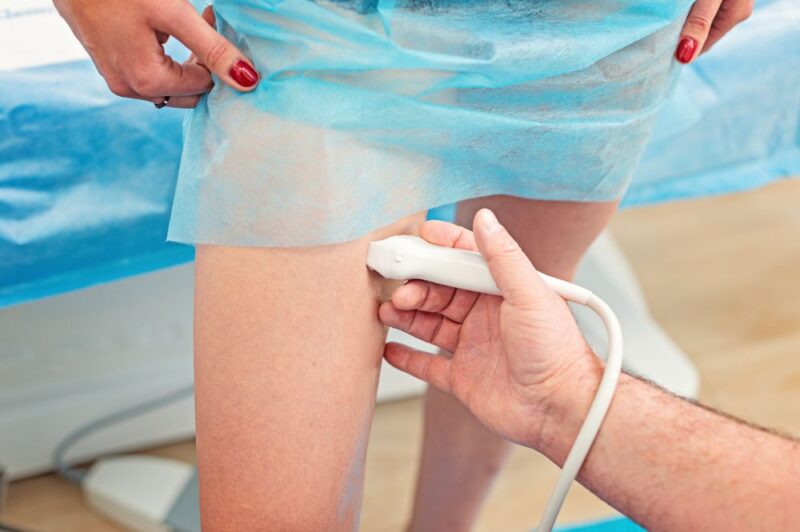
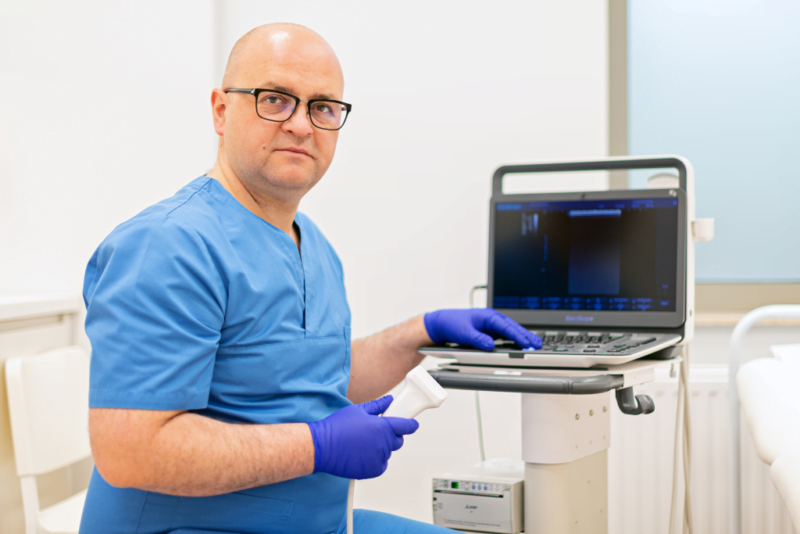
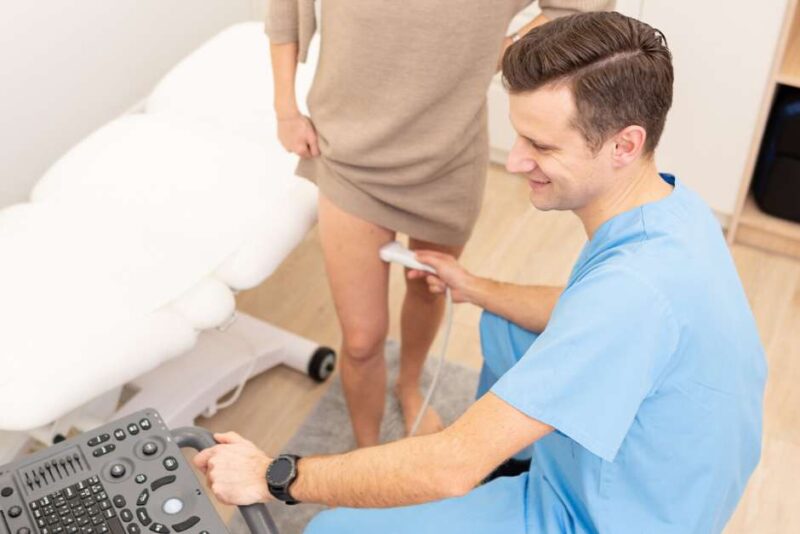
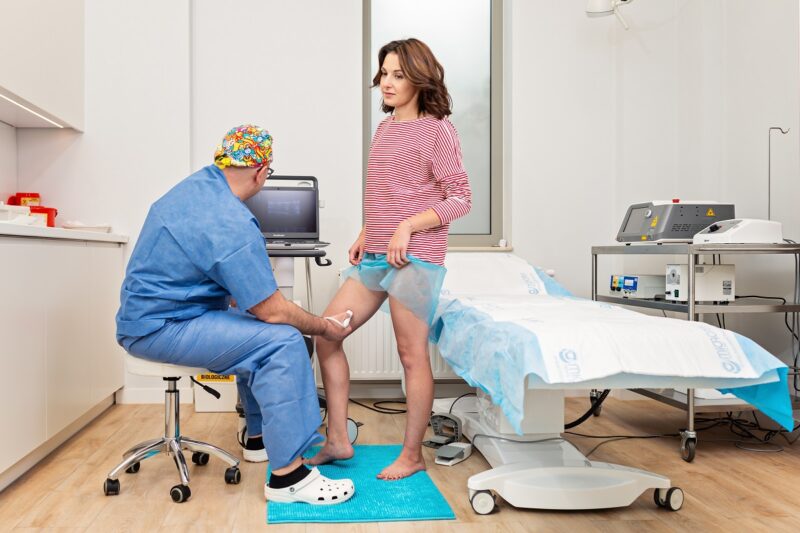
Podziel się opinią